kategori film bahasa kashmiri
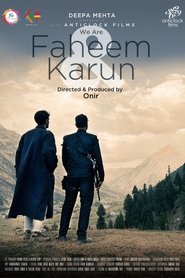 Karun a young security officer from...
Karun a young security officer from...We Are Faheem & Karun 2024
Karun, a young security officer from South India, is stationed in Gurez, a remote village in Kashmir. One day, a charming man named Faheem comes to the check post and meets Karun. This marks the beginning of a romance, which, from the outset, is doomed – Faheem, bound by the societal taboos surrounding homosexuality in the context of his religion, cannot live openly, while Karun, due to the constraints of his profession, must also hide his true self. The film explores the intersection of love, identity, and repression in a region steeped in conflict.
 Brair Kani explores an ancestral house...
Brair Kani explores an ancestral house...Cat's Attic 2023
Brair Kani explores an ancestral house located in Srinagar, Kashmir. Using the attic as a site of reflection, the film navigates the relationship between space, belonging and personal history. Inhabiting the confines of the attic, the house spirits exist simultaneously as carriers of collective memory and as manifestations of the emotional landscape.
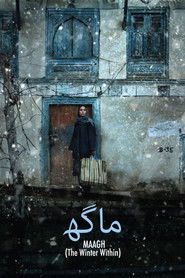 In Srinagar the winter capital of...
In Srinagar the winter capital of...The Winter Within 2022
In Srinagar, the winter capital of Kashmir in India, Nargis is a domestic worker for a wealthy family. She looks for her husband, Manzoor, hoping he is still alive, locked up in a military camp. Fired from her job she is left with no choice but to return to her village.
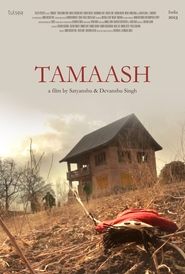 Anzar faces scorn from his elders...
Anzar faces scorn from his elders...The Puppet 2013
Anzar faces scorn from his elders for his poor performance in school and is constantly compared to the other school-kids. Forcefully and unreasonably expected to outscore the high-achieving Sadat in the next exam, he seeks the help of a mysterious stranger.
 Widely considered to be the crown...
Widely considered to be the crown...Valley of Saints 2012
Widely considered to be the crown jewel of Kashmir, Dal Lake is a sprawling aquatic community where erupting political violence often distracts from the natural beauty. Gulzar, a young, working-class boatman, plans to skip town with his best friend in search of a better life, but a weeklong military curfew derails their departure. Forced to wait it out, Gulzar takes a job assisting a pretty scientist named Asifa. As they navigate the floating landscape, collecting water samples for an environmental study, an unlikely relationship blossoms between the two. When Asifa’s research reveals harmful pollutants, Gulzar realizes that the ecology of the lake and an entire way of life face an alarming threat, and everything in his own life begins to take on a new hue.
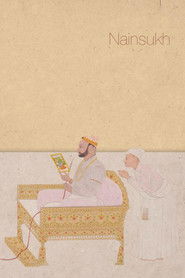 The 18thcentury Indian painter Nainsukh of...
The 18thcentury Indian painter Nainsukh of...Nainsukh 2011
The 18th-century Indian painter Nainsukh of Guler receives a poetic, visually stunning tribute from a young Indian filmmaker employing an arresting pictorial language. Shot in the region where Nainsukh produced his most celebrated work, this is a meditative and meticulous recreation of the world of an artistic genius.
 Rafiq and his family are struggling...
Rafiq and his family are struggling...Autumn 2010
Rafiq and his family are struggling to come to terms with the loss of his older brother Tauqir, a tourist photographer, who is one of the thousands of young men who have disappeared, since the onset of the militant insurgency in Kashmir. After an unsuccessful attempt to cross the border into Pakistan,to become a militant, Rafiq returns home to an aimless existence. Until one day when he accidentally finds his brother's old camera.
 Filmmaker Sanjay Kak offers this compelling...
Filmmaker Sanjay Kak offers this compelling...How We Celebrate Freedom 2007
Filmmaker Sanjay Kak offers this compelling and intimate glimpse of the daily tensions in Kashmir, where resistance to India's rule among everyday Kashmiris is unrelenting and can flare into violence. Kak follows a man to his son's gravesite and listens to a girl's account of a neighbor killed by the Indian army, all against a backdrop of stunning natural scenery to ask the question, Just what is the meaning of freedom?
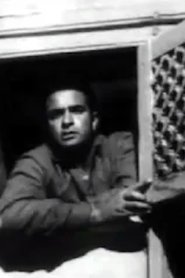 The film starts with a man...
The film starts with a man...Mainz Raat 1964
The film starts with a man welcoming a recently orphaned young son of his sister into his family. The man’s young daughter takes a special liking for the orphan boy. The plot is set for a childhood romance that will blossom in youth. The local bad boy of the village with perhaps a linking for the girl grows an instant dislike for the boy. How the world conspires against them and how their love survives, that in a nutshell is the premise of the film.
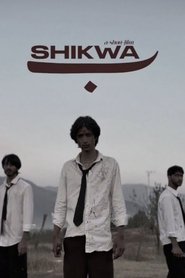 Three strangers find money scattered on...
Three strangers find money scattered on...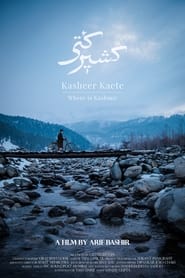 a young boy works hard to...
a young boy works hard to...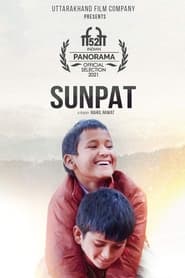 Set in a small village in...
Set in a small village in... A thousand words may not be...
A thousand words may not be...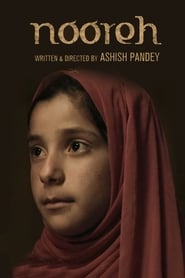 An eight year old Kashmiri girl...
An eight year old Kashmiri girl...